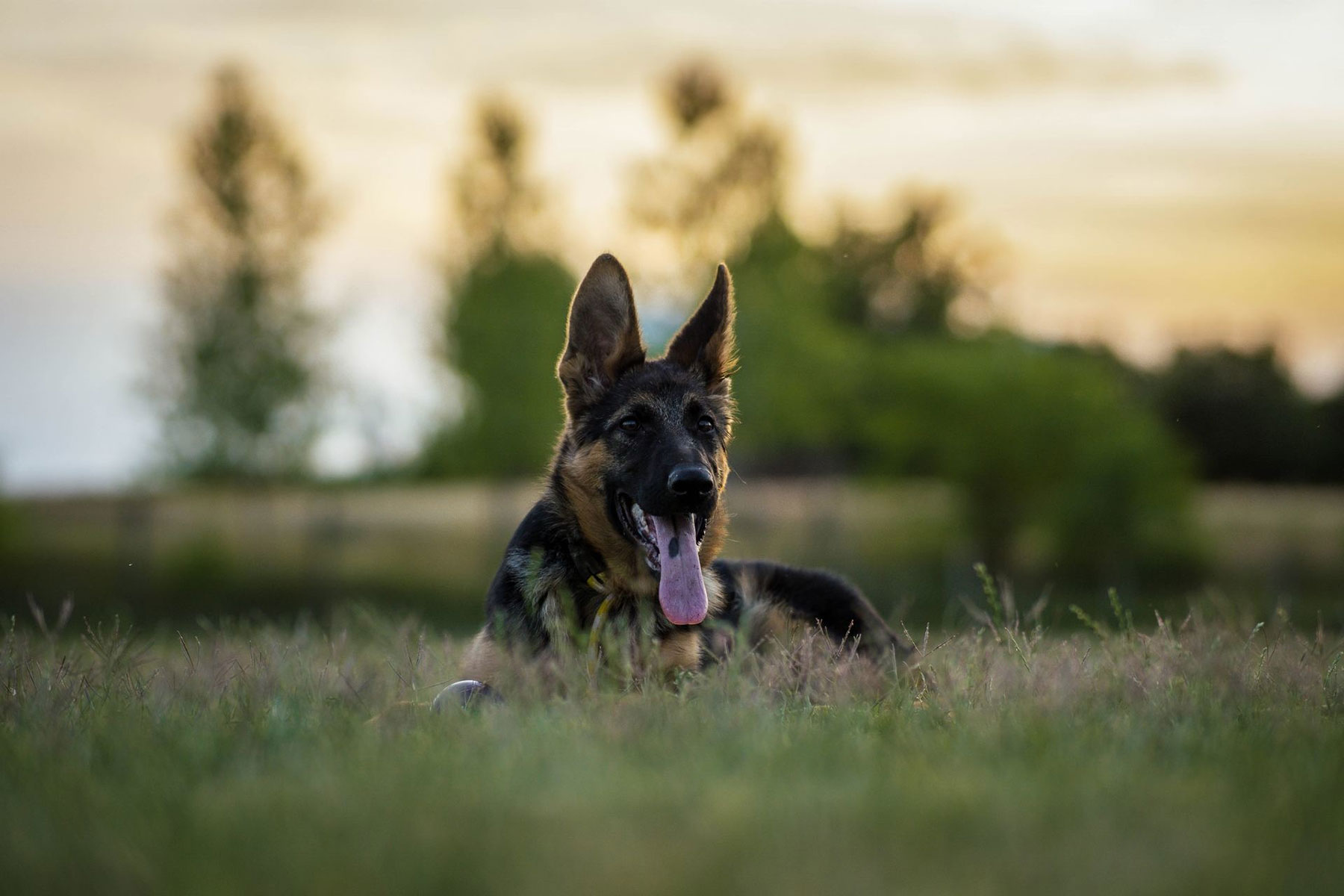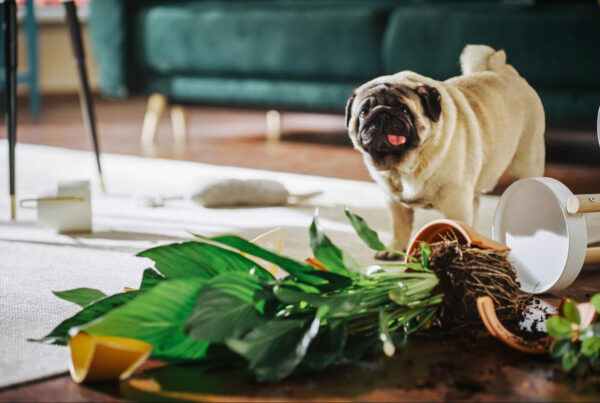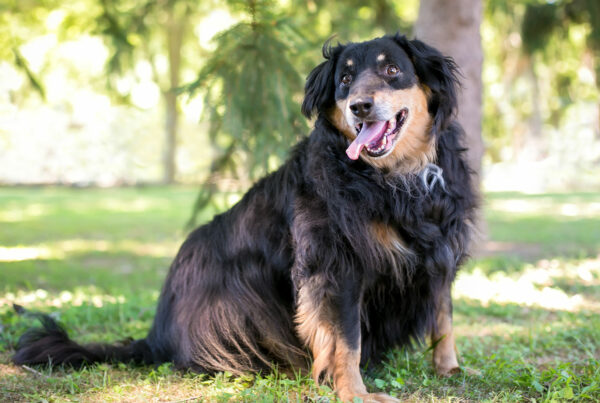Reactivity is one of the most significant concerns for dog owners. No one wants their pet to act out adversely on someone or another animal. Dog’s prone to reactivity is not only a big risk for harming others, but It can also lead to your beloved pet getting injured.
What constitutes reactive traits? A dog may behave undesirably when it growls, barks, snarls, lunges, or bites at someone or something else. Let’s look at some signs of a reactive dog, its causes, and what you can do to keep your dog friendly and well-behaved.
What Are Some Signs of a Reactive Dog?
Some breeds are labeled as being more reactive than others. However, when faced with a perceived threat, any dog may show certain behaviors. A dog will show body language and indicate behaviors that will let you know it may react. Some of these signs will include:
- Growling
- Snapping
- Ears leaning forward or standing up
- Growling
- Barking
- Jumping
- Lunging
- Holding tail high
- Exposing teeth
What Can Cause Reactive or Fearful Behaviors?
The best way to approach a dog not behaving correctly is to figure out what’s causing the behavior. Most dogs will have a reason for developing fear and stress, which is the main cause of reactivity. These are some common types of behavior from reactive dogs:
Territory and Personal Space: When a dog feels that their territory or personal is being threatened or intruded upon, it may react from fear or stress.
Protection Of Owners and Family: When a dog is protective of its owner, children, or other pets, it may go to undesirable measures to protect them.
Possessiveness Of Items: When a dog feels that their stuff, like food or toys, is being threatened or taken away from them.
Socializing With Other Dogs: When a dog feels that they are the dominant dog in a social setting and must prove it through actions.
Frustration-Elicited: When a dog is being held back from approaching something and may get defensive and reactive from being denied.
Fear-Related: When a dog’s fight or flight response occurs, it may act reactive out of fear.
Pain-Related: When a dog is in pain and acts out towards owners or other dogs.
Sex-Related: When another dog is in heat, it can compete for the other sex’s attention and anyone who interferes can cause an adverse reaction from the dog.
Redirected Emotions: When a dog is upset with another animal or a person, and someone intervenes, it focuses its reactivity on the interferer.
Fear is one of the most common reasons why dogs act out. Socialization is an excellent way to help dogs relax by exposing them to more people and animals. Regulated socialization and recognizing your pet’s cues is vital to successful socialization. So, what does a happy, relaxed dog look like, and how can you promote this behavior?
How a Relaxed Dog Will Behave
A relaxed dog will stay calm and friendly in most scenarios. A confident, socialized dog will be able to manage their fear or stress around other animals when you are out in public.
One of the ways to help your dog become a more relaxed dog is to be the leader. Your dog needs to know that you are in charge, and you can reward them when they are on good behavior and will ensure they stay safe from any perceived threats.
Confidence is key in ensuring your dog can experience stressful or fearful situations without extreme reactivity. Every dog has the tendency to act out of fear or stress, but as an owner, you are able to help your dog stay confident and calm if those situations ever arise.
Schedule an Examination for Your Pet Today
If you have any questions or concerns about your dog or other pet or need to schedule an examination or wellness check, contact us at Live Oaks Animal Hospital today. We are a locally owned business in Lubbock, Texas, with a team ready to help your pets stay healthy and happy for years.





